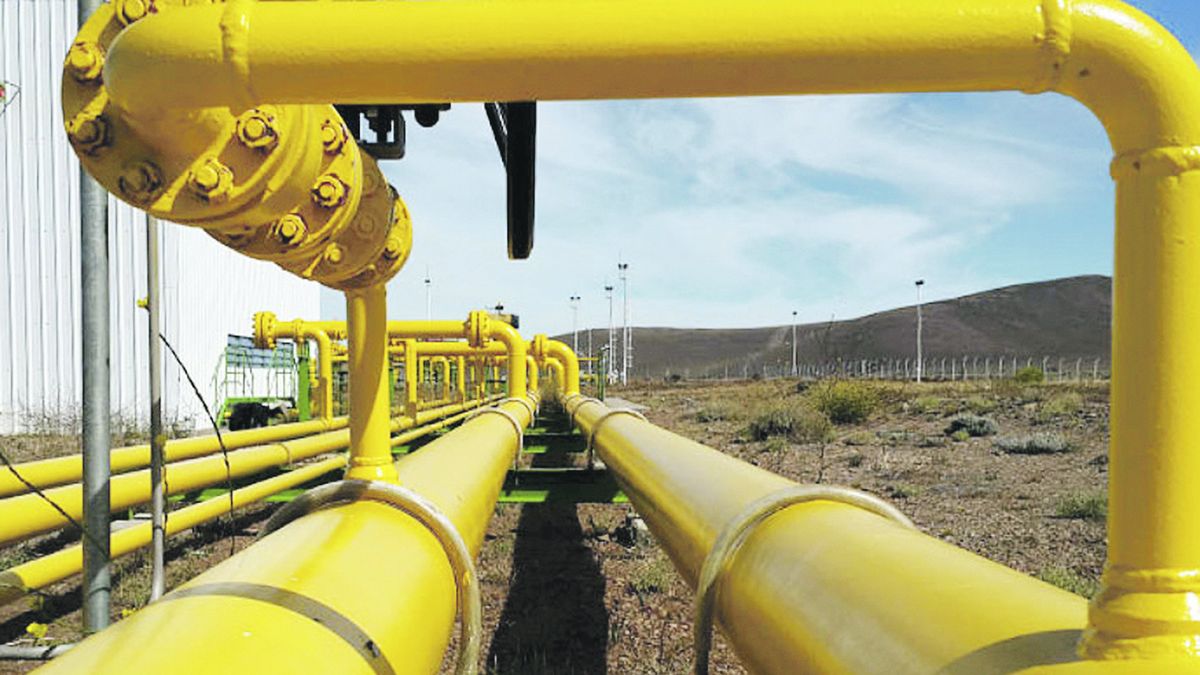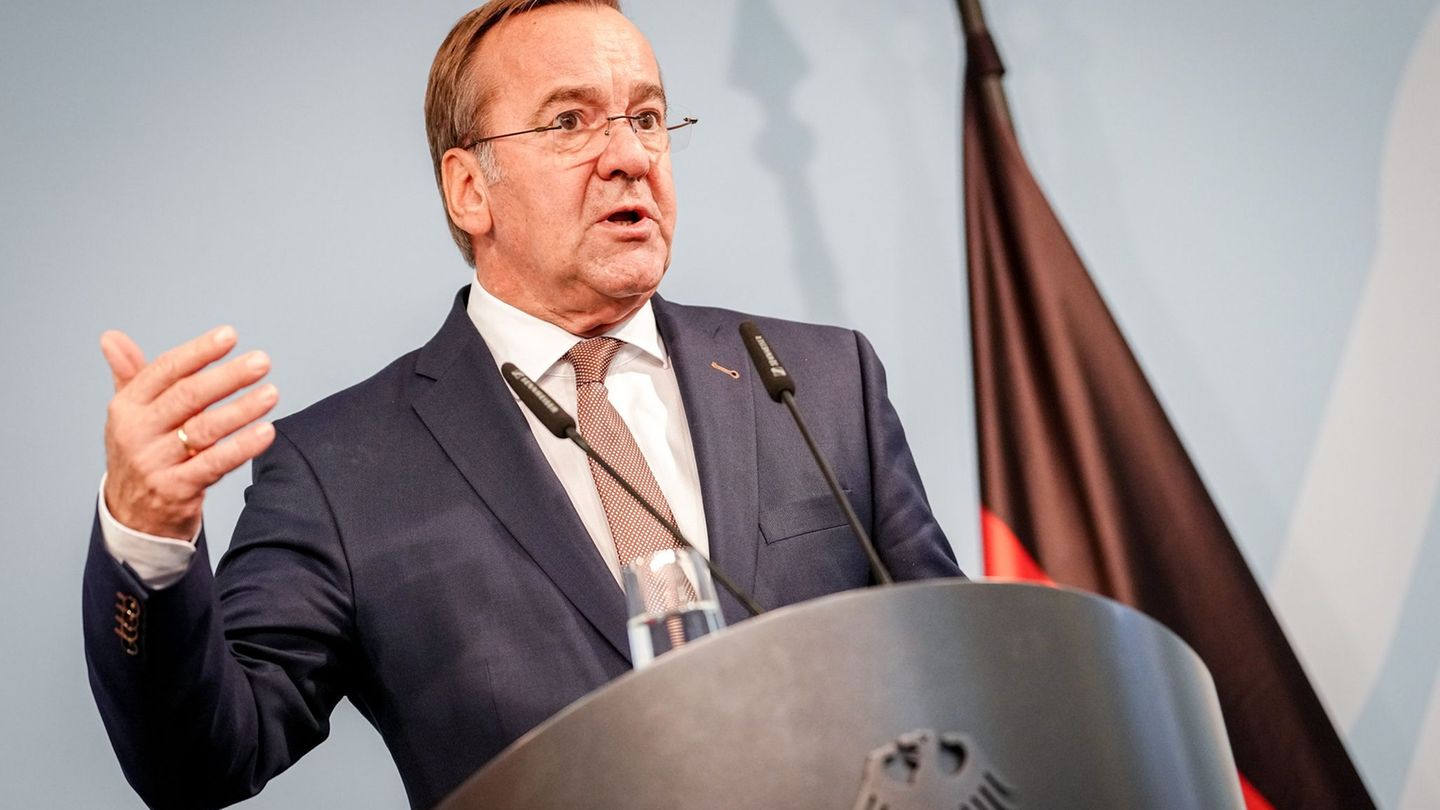The team of Buenos Aires economists from Union for the Homeland (UP)led by the former Secretary of Commerce, Roberto Felettipredicted that Argentina will begin a path of stabilization of the external sector in the last quarter of the yearin which he highlighted the importance of activating the “swap” with China.
Argentina experiences a “transient imbalance” caused by the drought and towards the last quarter of this year will begin “the path towards stabilization and expansion of the external sector”the report highlights.
By 2024, it projects that there will be a trade balance surplus of around US$18 billion, due to the continuity of the high international price level in food and energy and the decrease in external energy purchases due to the implementation of the Nestor Kirchner pipeline.
According to the document, the energy sector is approaching “a very important change in its behavior” based on the new gas and oil infrastructure, which “could allow a sustained growth of the economy with the energy as one of the vectors of competitiveness”.
In this sense, the work highlights that “this scenario offers the opportunity to develop an economic model that promotes full employment and high wages“, as long as “it does not result in an experience of mere exploitation and extraction of natural resources that exacerbates the already existing economic and social imbalances.”
Successes of the economic team to stabilize the economy
At the same time, the work carried out by the Ministry of Economy to stabilize the economic situation such as the renegotiation of the agreement with the International Monetary Fund (IMF)the agreement with agriculture to accelerate the income of foreign currency through the “soybean dollarand the deepening of the trade and financial agreement with Chinawhich results in “a saving of dollars in commercial exchange and accelerates the income of funds from investments in that country.”
In the antipodes, he questions the “indifference” with which the IMF granted the US$45,000 million credit to former President Mauricio Macri and contrasts it with the obstacles that the multilateral organization is now placing on the Executive to reach a agreement for the advance of disbursements for the year.
For this reason, he infers that “the IMF is intervening politically against the government to harm the electoral chances of Peronism, preventing it from granting the tools that allow it to overcome a transitory adverse situation”.
Added to this situation are “the negotiations made to consolidate various agreements with Brazilthus addressing with the two main international partners of Argentina the current problem that means the shortage of foreign currency”.
In this context, economists “assess that the The understanding reached with China emerges as a commercial and financial support until the end of the yearwhich combines stability and activity level”.
Source: Ambito




